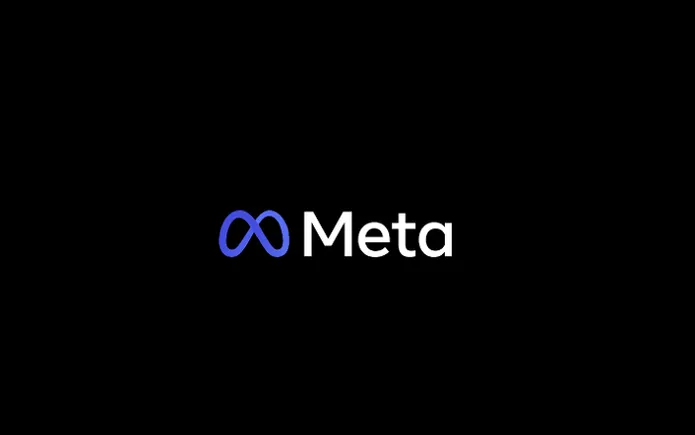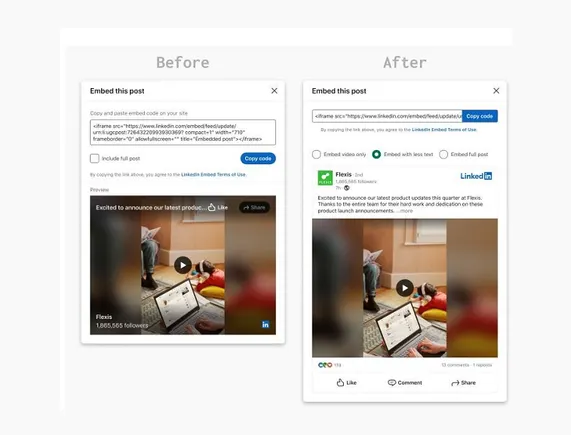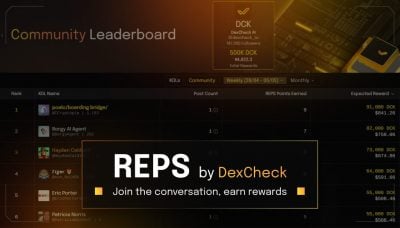Skills over degrees
The Fast Company Impact Council is an invitation-only membership community of leaders, experts, executives, and entrepreneurs who share their insights with our audience. Members pay annual dues for access to peer learning, thought leadership opportunities, events and more. There’s a seismic shift reshaping the labor market, with tremors across government and business. The latest signal of this transformation is the announcement of the Skills-First Workforce Initiative, a collaboration of top employers aimed at making the skills needed for jobs more transparent. It follows an announcement from California Governor Gavin Newsom, who on April 2nd unveiled his Master Plan for Career Education, furthering California’s efforts on skills-based education and hiring. That means candidates are encouraged to apply for roles based on their skills and previous experience, rather than what can be an arbitrary marker of capability: the college degree. The Skills-First Workforce Initiative and Newsom’s plan build on the momentum of many other states, like Colorado and Arkansas, and the federal government’s Chance to Compete Act, which makes skill-based hiring a requirement for federal agencies. All together, these initiatives and announcements send a clear message: The future of work has arrived. It’s a future that requires a new strategic imperative for workers and organizational leaders—the need for continuous upskilling. Skills are the new currency A growing number of companies and other state governments are already reaping the benefits of skills-based hiring by focusing on talent and potential rather than formal education. These leaders understand the potential of skills-based hiring to diversify the talent pool, foster innovation, and prepare organizations for the complexities of the future. According to the National Governors Association’s recent findings, over half of U.S. state governments have policies that encourage skill-based hiring, and states that adopted these policies have seen faster growth in job postings that don’t have degree requirements. With more organizations adopting skills-based hiring approaches, and even leveraging skill assessments to promote internally, skills are becoming the currency of the modern workforce. Adapting to this new era of skills requires an essential mindset and strategy shift for employees and organizations. Employees need to embrace a mindset of continuous upskilling, while organizations need to give their employees the time and resources to sharpen those new skills. For those at the cutting edge, this means starting the journey to becoming a skills-based organization. Become a skills-based organization A skills-based organization prioritizes the skills and capabilities of candidates and employees over their formal educational background. According to our research at Udemy, over 80% of employees report that their companies are beginning to consider implementing skills-based approaches (such as skills-based hiring), and 75% of organizations have already made changes to support this transition. The key steps to becoming a skills-based organization extend beyond hiring practices. To become skills-based organizations, companies need to create structured skill taxonomies. These are frameworks that identify and categorize the skills necessary for various roles within the organization. At Udemy, we are developing a skills taxonomy to map the competencies essential for different career paths, enabling targeted learning and development. Focusing on skills instead of traditional credentials like degrees or job titles has been proven to cultivate a workforce that is both more agile and diverse. According to Deloitte, nearly two-thirds of companies implementing skills-based strategies experience enhanced outcomes compared to those that don’t. Such organizations benefit from greater workforce flexibility, facilitating quick and adaptive reactions to unexpected market shifts. When skills development and acquisition are prioritized, employees become versatile, readily transitioning to new tasks or roles as needs arise, without being limited by predefined job titles or descriptions. This agility enables organizations to swiftly address emerging challenges by strategically reallocating talent where it’s most needed. AI supercharges the change These shifts—transitioning to a skills-based organization and adopting new mindsets—won’t happen overnight. However, AI can significantly accelerate the process, and it is becoming even more critical as companies feel pressure to reskill their workforces. We are entering an era where AI integrates into every facet of learning, simplifying, and accelerating skill acquisition. One way that AI can transform workplace training is by enabling adaptive learning systems that customize educational content based on learner progress. This personalized approach can enh

The Fast Company Impact Council is an invitation-only membership community of leaders, experts, executives, and entrepreneurs who share their insights with our audience. Members pay annual dues for access to peer learning, thought leadership opportunities, events and more.
There’s a seismic shift reshaping the labor market, with tremors across government and business. The latest signal of this transformation is the announcement of the Skills-First Workforce Initiative, a collaboration of top employers aimed at making the skills needed for jobs more transparent.
It follows an announcement from California Governor Gavin Newsom, who on April 2nd unveiled his Master Plan for Career Education, furthering California’s efforts on skills-based education and hiring.
That means candidates are encouraged to apply for roles based on their skills and previous experience, rather than what can be an arbitrary marker of capability: the college degree.
The Skills-First Workforce Initiative and Newsom’s plan build on the momentum of many other states, like Colorado and Arkansas, and the federal government’s Chance to Compete Act, which makes skill-based hiring a requirement for federal agencies.
All together, these initiatives and announcements send a clear message: The future of work has arrived.
It’s a future that requires a new strategic imperative for workers and organizational leaders—the need for continuous upskilling.
Skills are the new currency
A growing number of companies and other state governments are already reaping the benefits of skills-based hiring by focusing on talent and potential rather than formal education. These leaders understand the potential of skills-based hiring to diversify the talent pool, foster innovation, and prepare organizations for the complexities of the future.
According to the National Governors Association’s recent findings, over half of U.S. state governments have policies that encourage skill-based hiring, and states that adopted these policies have seen faster growth in job postings that don’t have degree requirements.
With more organizations adopting skills-based hiring approaches, and even leveraging skill assessments to promote internally, skills are becoming the currency of the modern workforce.
Adapting to this new era of skills requires an essential mindset and strategy shift for employees and organizations. Employees need to embrace a mindset of continuous upskilling, while organizations need to give their employees the time and resources to sharpen those new skills.
For those at the cutting edge, this means starting the journey to becoming a skills-based organization.
Become a skills-based organization
A skills-based organization prioritizes the skills and capabilities of candidates and employees over their formal educational background. According to our research at Udemy, over 80% of employees report that their companies are beginning to consider implementing skills-based approaches (such as skills-based hiring), and 75% of organizations have already made changes to support this transition.
The key steps to becoming a skills-based organization extend beyond hiring practices.
To become skills-based organizations, companies need to create structured skill taxonomies. These are frameworks that identify and categorize the skills necessary for various roles within the organization. At Udemy, we are developing a skills taxonomy to map the competencies essential for different career paths, enabling targeted learning and development.
Focusing on skills instead of traditional credentials like degrees or job titles has been proven to cultivate a workforce that is both more agile and diverse. According to Deloitte, nearly two-thirds of companies implementing skills-based strategies experience enhanced outcomes compared to those that don’t. Such organizations benefit from greater workforce flexibility, facilitating quick and adaptive reactions to unexpected market shifts. When skills development and acquisition are prioritized, employees become versatile, readily transitioning to new tasks or roles as needs arise, without being limited by predefined job titles or descriptions. This agility enables organizations to swiftly address emerging challenges by strategically reallocating talent where it’s most needed.
AI supercharges the change
These shifts—transitioning to a skills-based organization and adopting new mindsets—won’t happen overnight. However, AI can significantly accelerate the process, and it is becoming even more critical as companies feel pressure to reskill their workforces. We are entering an era where AI integrates into every facet of learning, simplifying, and accelerating skill acquisition.
One way that AI can transform workplace training is by enabling adaptive learning systems that customize educational content based on learner progress. This personalized approach can enhance learning efficiency and engagement, allowing learners to access the knowledge they need more effectively. AI-enabled learning systems have the power to bridge gaps between current employee knowledge and needed skills, making them a dominant force in the future of education.
Our role as leaders
The movement towards a skills-based economy is not just a fleeting moment. It’s the dawn of a new era in workforce development. Announcements like Newsom’s signal a move toward a more equitable and efficient labor market.
As leaders, we must champion these changes within our organizations, ensuring that we create an environment where continuous learning and skills development take center stage.
By prioritizing skills over degrees, we’re opening doors to a broader range of individuals, enriching our organizations with diverse perspectives and experiences. Together, we can build a more inclusive and dynamic workforce equipped for the challenges and opportunities that lie ahead.
Hugo Sarrazin is CEO of Udemy.





























































































































































































